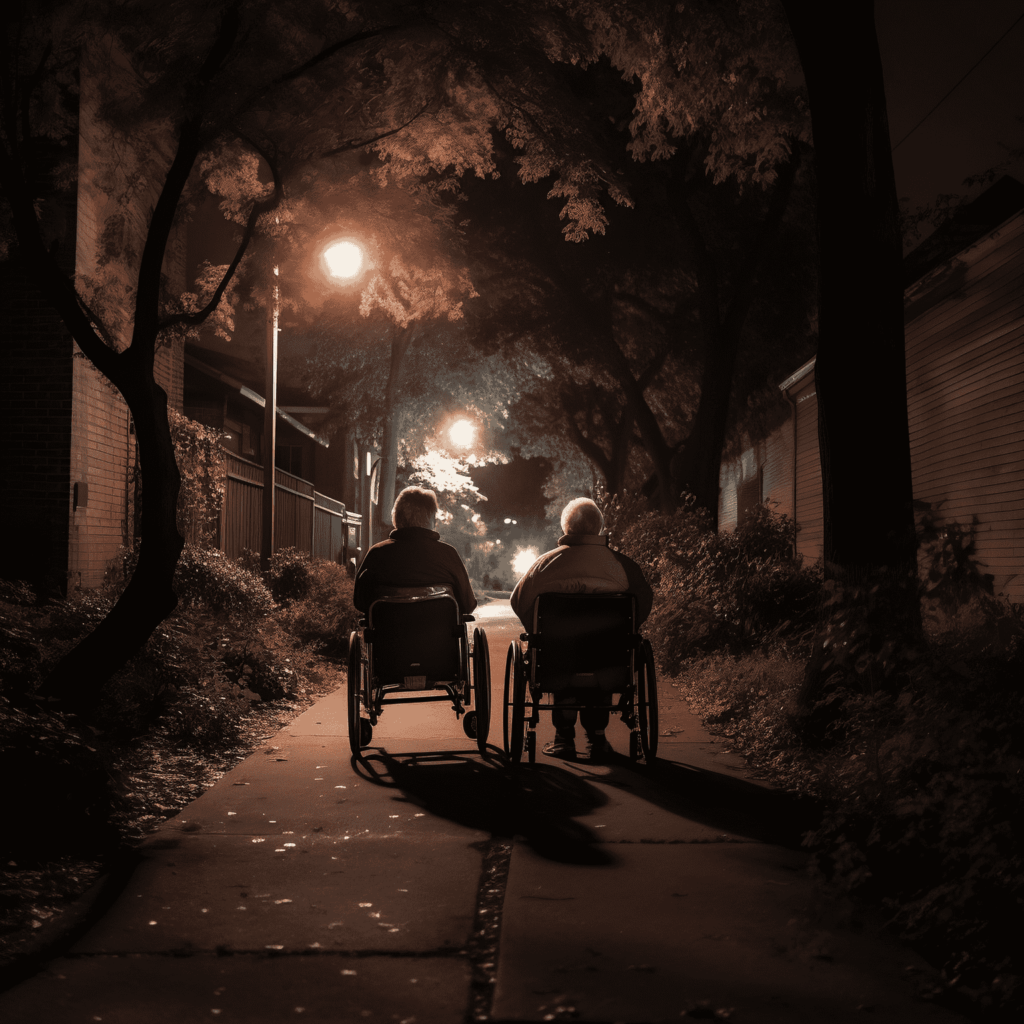Are you married to or widowed by someone who has paid into Social Security?
If so, you may be eligible for Social Security benefits based on your spouse’s or deceased spouse’s work history. In this blog post, we will explain the eligibility requirements for Social Security benefits as a spouse or widow(er).
Relationship by Marriage to the Insured
Under § 404.344 of the Social Security Act, you may be eligible for benefits if you are related to the insured person as a wife, husband, widow, or widower. To determine your relationship to the insured, Social Security Administration (SSA) looks first to state laws. If your relationship can be established under state law, you may be eligible for benefits.
State Laws for Relationship Determination
The state laws that SSA uses to determine your relationship are discussed in § 404.345. These laws vary from state to state, but generally, they consider factors such as whether you have a valid marriage license and whether you and your spouse cohabitate. If your state recognizes your marriage, you will likely be eligible for Social Security benefits as a spouse or widow(er).
Deemed Valid Marriage
If your relationship cannot be established under state law, you may still be eligible for benefits if your relationship as the insured’s wife, husband, widow, or widower is based on a deemed valid marriage. A deemed valid marriage is described in § 404.346 and generally refers to situations where you thought you were legally married, but a legal defect or technicality made your marriage invalid. If you can prove that you believed in good faith that you were legally married, you may be eligible for benefits.
Here’s an example: Samantha and John were married in a small ceremony at a friend’s house without obtaining a marriage license. They lived together for 15 years and considered themselves married, but under state law, they were not legally married. When John passed away, Samantha applied for Social Security benefits as his widow. However, since they were not legally married under state law, her eligibility for benefits was uncertain.
In this case, Samantha may still be eligible for benefits under the deemed valid marriage criteria described in § 404.346. She would need to prove that she believed in good faith that she was legally married to John and that there was a legal defect or technicality that made their marriage invalid under state law. If she can provide sufficient evidence to support her claim, she may be eligible for Social Security benefits as John’s widow.
Conclusion: If you are married to or widowed by someone who has paid into Social Security, you may be eligible for benefits as a spouse or widow(er). To determine your eligibility, the SSA will look at your relationship to the insured under state laws or deemed valid marriage criteria. If you have any questions about your eligibility for benefits, contact the SSA for assistance.
https://www.ssa.gov/OP_Home/cfr20/404/404-0344.htm
At Hugo Fierro & Michael Perez, we possess the expertise to assist you in comprehending the intricacies of your social security disability claim. Our team is equipped with the necessary knowledge and resources to guide you through the process and ensure a thorough understanding of the matter at hand.
